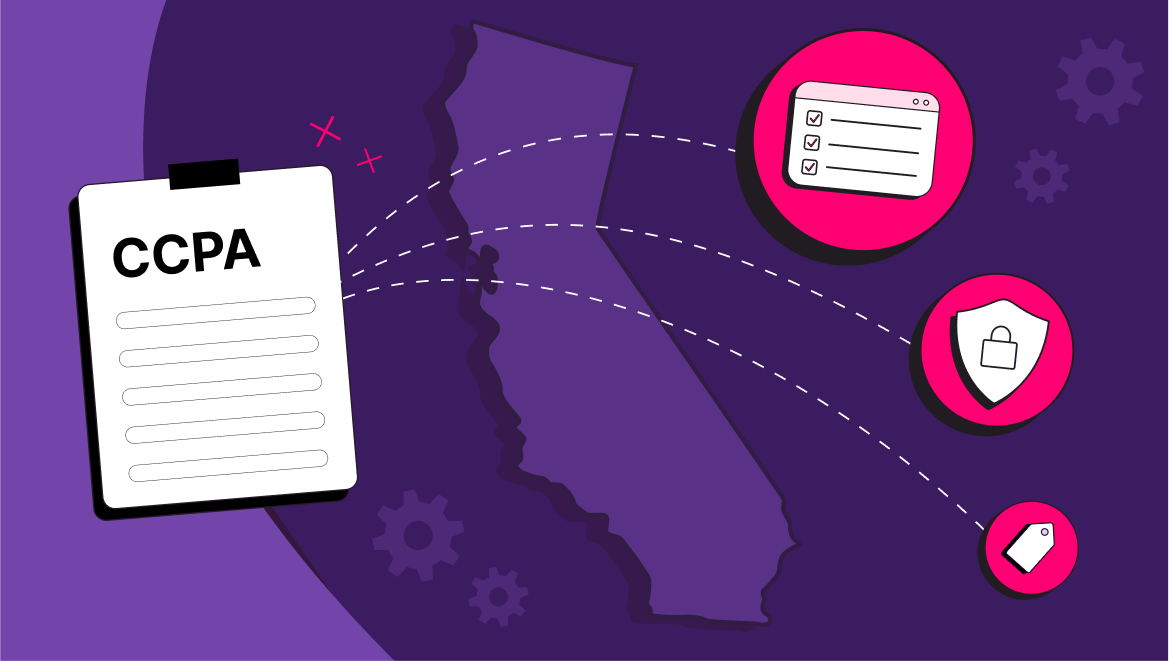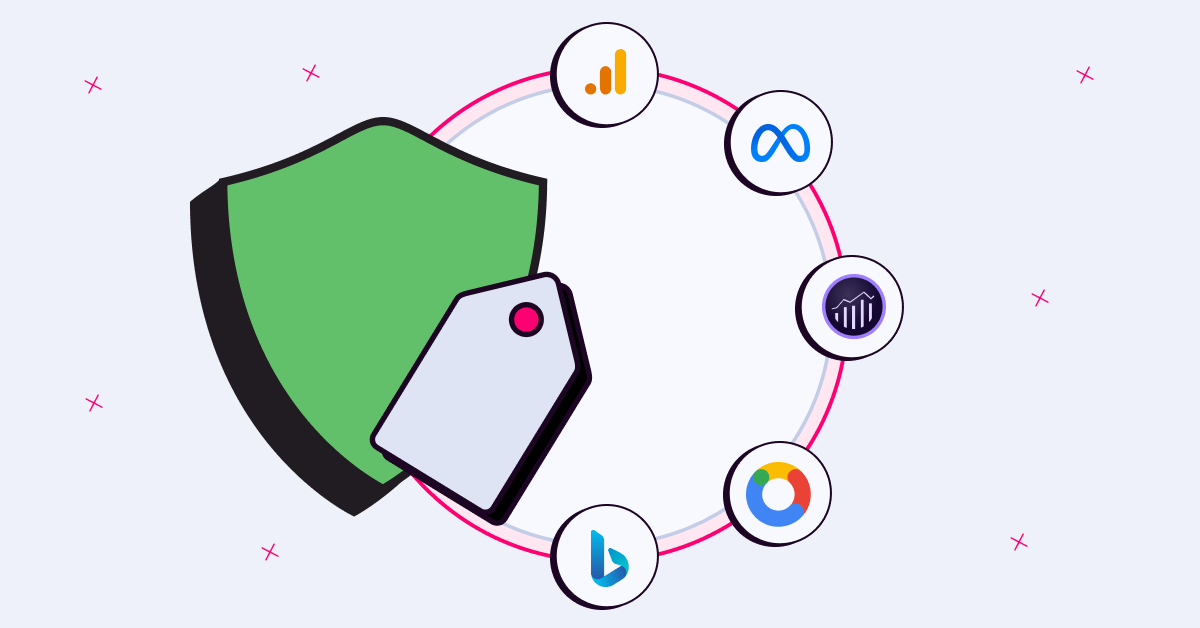What is a Spambot?
Kerry Coppinger
|Cyber Risks & Threats | July 27, 2022

There has recently been a lot of talk in the media about spambots and their impact on social media. Perhaps most notably, Elon Musk has a dispute with Twitter over the presence of spambots on their platform. The prevalence of spambots can be pointed to as further evidence of the Fake Web polluting the internet at large, which can be harmful to both businesses and individual users. But what is a spambot exactly, and what other channels do they use to commit malicious activities? This article will answer this question and more.
How is a Spambot defined?
Spambots are automated tools that send out various types of messages at a large scale online. Historically, spambots were closely associated with email since they were commonly used to blast out spam to people’s inboxes for both malicious and innocuous purposes. While spambots are still used very frequently in the email medium, they have expanded their capabilities to also push out mass quantities of messages on social media and other platforms. One example that many internet users can relate to is spambots replying to posts, leaving comments, or reposting content created by other users.
What damage do Spambots cause to everyday users?
Spambots cause more damage than simply annoying internet users with irrelevant messages. In fact, spambots can be used as a way to send out fraudulent links intended to steal user information, hack accounts, or spread false information online. Spambots also decrease the percentage of genuine interactions happening online which leads to mistrust of the media and create an inaccurate perception of reality.
What damage do Spambots cause to businesses?
The damage that spambots do to businesses is equally – if not more – concerning. When an influx of spambots arrive on a given website or platform without the business’s knowledge, that business will then unintentionally include those spambots in their reporting and analytics tools. That will consequently skew important data that is used to make widespread company decisions. Recent reports have estimated that $697 billion is lost each year due to bad traffic skewed by bots and fake users. Additionally, if bots are accidentally remarketed to, or included in smart campaigns by the company, the business will quickly drain their ad budgets without collecting any ROI. The longer this continues, the more likely the business will reach a point of becoming unsustainable.
How can businesses prevent the damage of Spambots?
Fortunately, there are cybersecurity solutions that can help businesses defeat spambots and ultimately regain the trust of their daily users. This technology is called Go-to-Market Security and uses advanced cyber tests to identify and block several types of digital threats from damaging brand reputation, negatively impacting revenue, or disrupting business operations.
FAQs
Are spambots illegal?
Spambots, automated programs designed to distribute spam, can be considered illegal under certain circumstances. Utilizing spambots to engage in activities such as email spamming or disseminating malicious content violates various cybersecurity and anti-spam laws.
Legislation like the CAN-SPAM Act and similar regulations globally aim to curb unsolicited and deceptive online practices. Companies and individuals found guilty of using spambots for illegal activities may face legal consequences, including fines and legal action.
How do spambots operate on social media?
Spambots on social media operate by leveraging automation to engage in deceptive and often malicious activities. These bots are designed to mimic human behavior, creating fake profiles and generating large volumes of content.
They may spread phishing links and malware or engage in spammy behaviors such as posting irrelevant comments, liking content indiscriminately, and following or friending users in large numbers. Some spambots even employ artificial intelligence algorithms to craft more convincing messages.
To evade detection, these bots often change their tactics and behaviors, making it challenging for social platforms to keep up. In response, platforms employ advanced algorithms and machine learning models to detect and mitigate the impact of spambots.
Should you block spambots?
Absolutely. Spambots can be detrimental to both individuals and businesses, spreading malware and phishing links, hacking accounts, and contributing to the dissemination of misinformation. By blocking spambots, you not only protect yourself and your business from potential security threats but also contribute to the overall health of online communities.
P.S.
Want to protect your sites and ads from spambots? Click here to Request a Demo.













